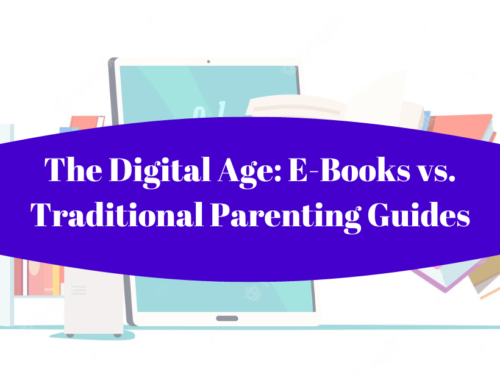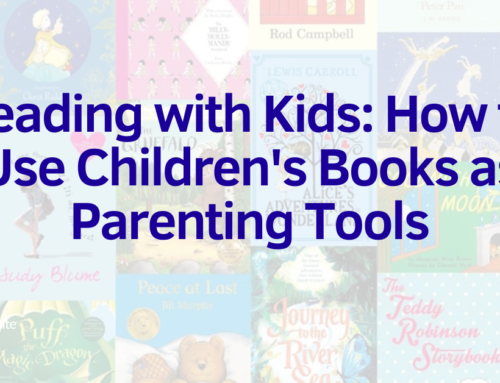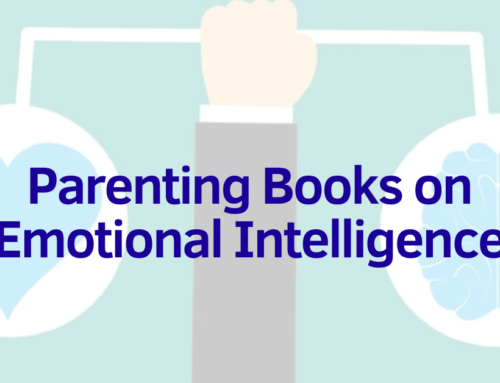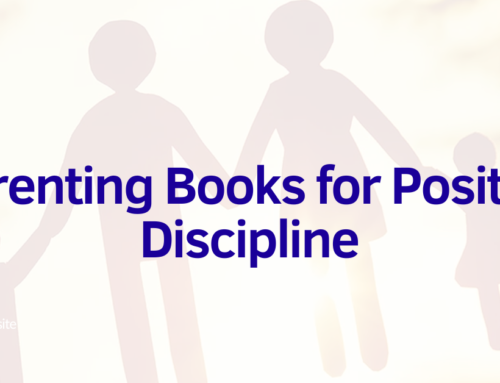A Look Back: The Evolution of Parenting Advice in Books
Parenting advice has come a long way over the years. As the world has evolved, so too has our understanding of child-rearing, leading to significant shifts in the guidance offered to parents. In this retrospective journey, we’ll explore the evolution of parenting advice in books and how it has shaped the way we raise our children today.
The Early Days: Traditions and Old Wisdom
In the early days of parenting literature, advice was often rooted in tradition and cultural norms. Parents relied heavily on word-of-mouth advice from their own parents and grandparents, passing down wisdom from one generation to the next. Books on parenting were scarce, and when they did exist, they were often religious or philosophical in nature, emphasizing discipline and obedience.
The Rise of Scientific Parenting
The late 19th and early 20th centuries saw a significant shift in parenting advice with the emergence of scientific parenting. Experts like Dr. Benjamin Spock and Dr. T. Berry Brazelton pioneered this movement, emphasizing a more child-centric approach. Their books, including Dr. Spock’s “The Common Sense Book of Baby and Child Care,” advocated for a more gentle and empathetic style of parenting, focusing on understanding a child’s emotional needs.
The ’90s and the Self-Esteem Movement
The 1990s brought about another shift in parenting advice, with an emphasis on boosting children’s self-esteem. Authors like Louise Hart (“The Winning Family”) and Nathaniel Branden (“The Six Pillars of Self-Esteem”) argued that nurturing self-esteem was crucial for a child’s development. This era encouraged parents to praise their children lavishly and shield them from criticism.
The Digital Age and the Information Explosion
The advent of the internet and the digital age transformed the landscape of parenting advice. Parents now had access to a vast array of information at their fingertips. Blogs, websites, and online forums became popular platforms for sharing parenting experiences and advice. While this democratization of information offered valuable insights, it also led to information overload and conflicting opinions.
The Return to Balance
In recent years, there has been a growing movement toward a balanced approach to parenting advice. Authors like Daniel J. Siegel and Tina Payne Bryson (“The Whole-Brain Child”) and Angela Hanscom (“Balanced and Barefoot”) have advocated for a middle ground between old-school discipline and overly permissive parenting. They emphasize understanding a child’s brain development and fostering a connection while setting boundaries.
The Future of Parenting Advice
As we look to the future, it’s clear that parenting advice will continue to evolve. Advances in psychology, neuroscience, and education will shape our understanding of child development. Additionally, the challenges posed by the digital age, such as screen time and social media, will demand innovative solutions from parenting experts and authors.
Conclusion
The evolution of parenting advice in books reflects the changing cultural, scientific, and technological landscape of our society. From traditional wisdom to scientific insights and the digital age, parenting guidance has adapted to meet the needs of each generation. As we move forward, it’s essential for parents to critically evaluate the advice they encounter, considering what aligns with their values and their child’s unique needs. Ultimately, the evolving nature of parenting advice reminds us that there is no one-size-fits-all approach to raising children, and each generation brings its own wisdom to the table.





